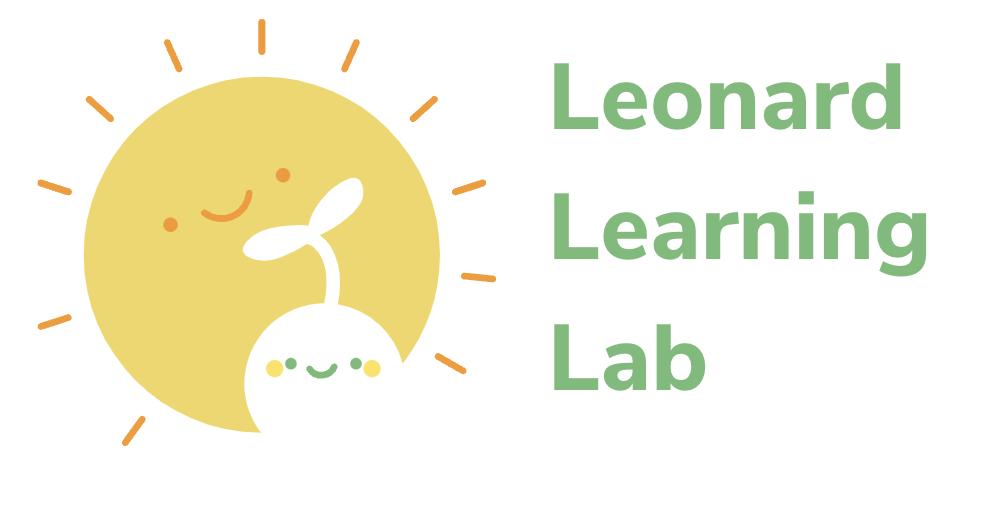
Research
Learning requires effort, yet we can’t try hard at everything.
In the Leonard Learning Lab, we study the cognitive mechanisms underlying children’s effort allocation. We explore how this process is informed by environmental factors (e.g. parenting practices, routines, systemic inequalities), internal factors (e.g. beliefs, cognitive abilities, neural development), and the interplay between the two. Our ultimate goal is to develop strategies to help children become the best versions of themselves.
Research Questions
Our research can be subdivided into 4 key questions:
How do children make decisions about how to allocate their effort?
Over time, how do children form unique motivational and cognitive traits and beliefs?
How do adults and caregivers think about and act towards fostering children’s development?
Can we use the knowledge from the first three questions to create interventions to improve children’s life outcomes?
Approach
Our goal is to conduct theoretically and empirically grounded science that has the best chance of translating into real-world knowledge, and if possible, application. Our approach to science is driven by this philosophy.
We use observational and correlational methods to identify ecologically valid factors that relate to children’s motivation. We test the causality of these factors with well-controlled lab experiments. Sometimes these processes work in reverse or are iterative. Once we believe we have identified an ecologically natural factor that causally impacts children’s motivation, we try to scale up to real-world interventions and ask if changing this factor can help children thrive.
For representative publications, see Leonard et al., 2021 (Leveraging cognitive science to foster children’s persistence) and Leonard et al., 2017 (Infants make more attempts to achieve a goal when they see adults persist).

